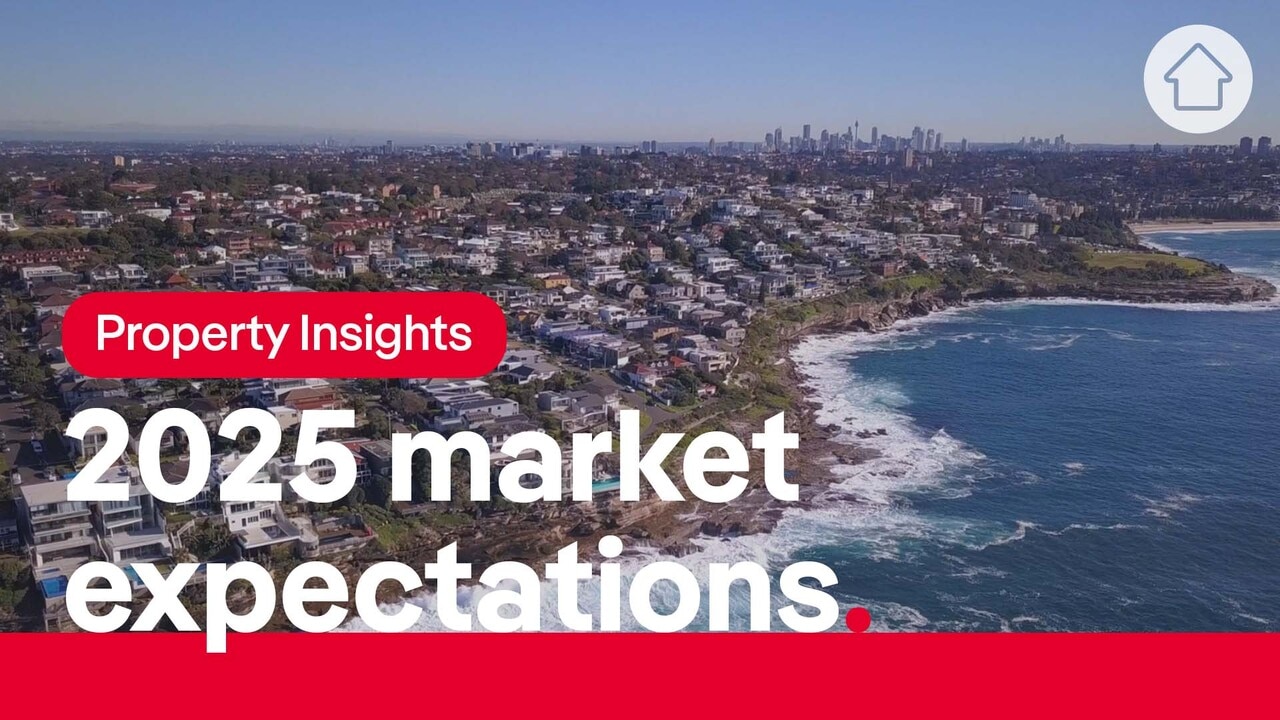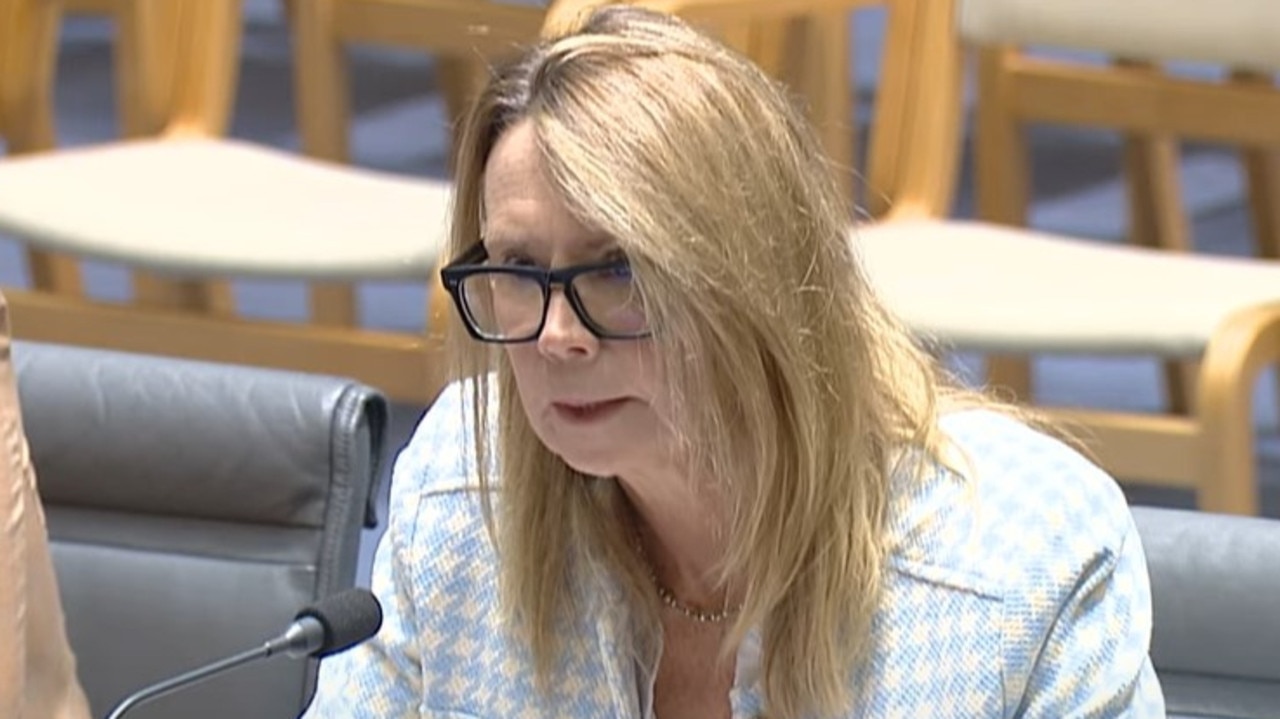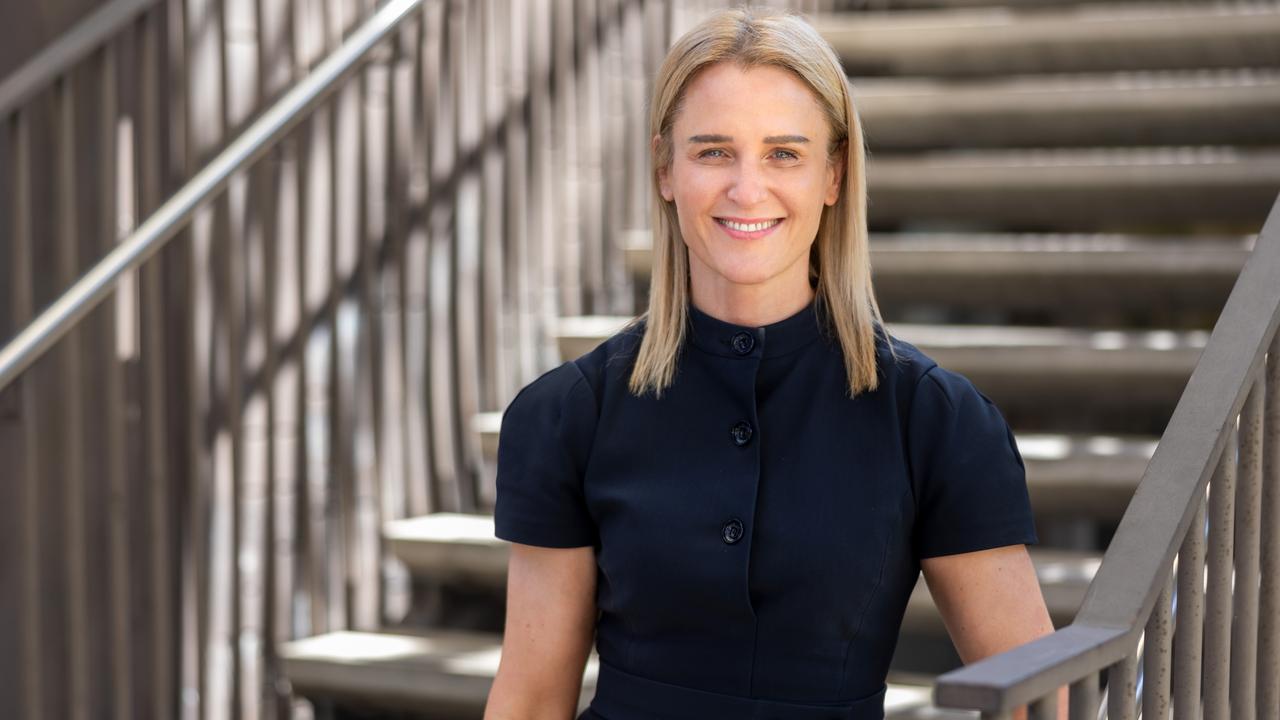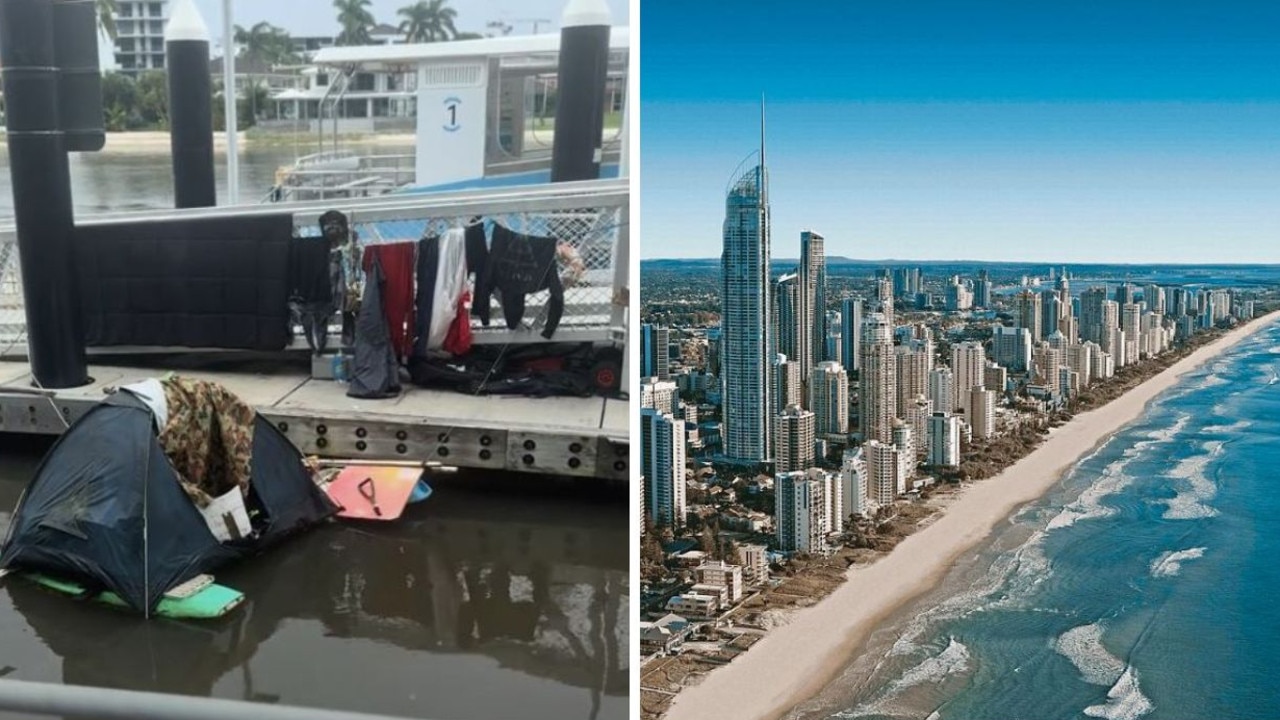‘Missed opportunity’: Shock federal budget response from property pundits
Aussie property pundits have weighed in on the Albanese government’s 2025 budget, and their response may surprise you.

Property experts have weighed in on the federal budget’s response to the housing crisis, suggesting it was a “missed opportunity” to help with supply.
The Labor government’s 2025 budget reiterated the $54m injection into building its ambitious goal of 1.2 million homes as part of its National Housing Accord, as well as revising its Help to Buy scheme to account for more homebuyers.
The $54m boost will support the wider use of prefabricated and modular homes throughout Australia, with claims it would cut the time needed to build a home by up to half.
RELATED: Govt gives up on one million Aussie renters
Going backwards: Why budget won’t fix housing crisis
Aussie buyers’ slim chance of govt help laid bare

Housing Industry Association (HIA) managing director Jocelyn Martin said the budget provided a critical juncture to double down and pull out all stops to address the nation’s crippling housing crisis, but it was a case of focusing on small target solutions.
“It was pleasing to see boosting housing supply as one of the key policy areas for this budget, but the polices announced have missed the mark on addressing the key structural reforms needed,” Ms Martin said.
“Expansion of the Help to Buy (shared equity scheme) and increased funding to support greater uptake of prefab housing are helpful initiatives.
“But in themselves, (they) are not going to shift the dial on addressing the two-decade long housing challenges the industry faces.”

She added that governments couldn’t just keep doing more of the same and think it would solve the situation.
“Rather bold and courageous leadership is needed and unfortunately this budget has missed the mark to deliver a truly transformative package of housing reforms,” she said.
“If we are to meet the national target of 1.2 million new homes over five years we need much deeper and significant reforms.”
Ray White chief economist Nerida Conisbee said the $54m boost to the construction of prefab and modular homes was a “step toward innovation in housing delivery” and was a “critical part of building homes more affordably”.
“Australia falls significantly behind international best practices in this sector,” Ms Conisbee said.
“Countries like Sweden, Japan, and Germany have demonstrated the transformative potential of advanced prefabrication at scale.
“Sweden’s prefab industry produces over 45 per cent of all new housing.”

While she acknowledged the positive changes to the Help to Buy scheme like the increase in its property price caps, she said global evidence from similar schemes showed limited success in improving housing affordability or increasing supply.
For example, the United Kingdom’s First Homes program launched in 2021 offered new homes for 30 per cent less compared to market value, but rising interest rates lessened its effectiveness with fewer than expected people able to get financing despite the discounts.
The Albanese government also reiterated its ban on foreign buyers purchasing established homes for two years starting from April 1 which they’d already announced prior to the budget.
Ms Conisbee said this worked against the federal government’s own goal of building 1.2 million new homes when they had to spend $5.7m on ban’s enforcement, as well as $8.9m to prevent foreign investors from land banking.
“Foreign investment has historically been crucial for financing new housing developments that might otherwise never be built,” she said.
“While these measures aim to help Australian buyers, they could actually worsen housing shortages by removing a major source of development funding.
“The 2025 budget missed crucial opportunities to comprehensively address Australia’s housing challenges.”

Property Council of Australia chief executive Mike Zorbas also weighted in on the budget, and said future federal budget deficits matched with state financial shortfalls were the strongest argument yet for more overseas investment and a comprehensive rebase of the nation’s tax and regulatory systems.
“As Australia has grown, overseas investment has always helped grow our cities for the better,” Mr Zorbas said.
“Now we have maxed out the national credit card, and with big state deficits, we are going to need other peoples’ money to build the best parts of our cities.”
Mr Zorbas welcomed the previously announced $54m boost into prefabricated and modular home constriction and the Help to Buy scheme expansion.
He added that the government deserved “a solid tick” for continuing housing targets, rewarding planning reform, and build-to-rent investment reforms that unlocked 80,000 homes.
But the Retirement Living Council (RLC) has dubbed the federal budget as a “missed opportunity” in responding to Australia’s housing supply and aged care crisis.
Australian Bureau of Statistics population data recently revealed a 9.13 per cent increase in the number of Aussies aged 75 and over, or 181,339 more people in this cohort than the same time last year.

RLC research revealed that from 1994 to 2024, or within that 30-year period, capital city median house prices rose by nearly 600 per cent, while the allowable assets to receive a full age pension increased by only 178 per cent for a single homeowner and 193 per cent for a couple.
Executive director Daniel Gannon said when Australia was confronted by overwhelming demographic changes, they needed a budget blueprint that appropriately addressed the challenges associated with an ageing population.
“This budget does not speak to these challenges,” Mr Gannon said.
“Australia is ageing, retirement villages and aged care facilities are operating at full capacity, ambulances are ramping at hospitals bursting at the seams, and housing supply is in deficit.”
Sign up to the Herald Sun Weekly Real Estate Update. Click here to get the latest Victorian property market news delivered direct to your inbox.
MORE: ‘Absolutely diabolic’: Pensioner forced to access home via tunnel
Renter made homeless six times outraged by key factor of housing crisis
‘Time is running out’: Why first-home buyers must act now
sarah.petty@news.com.au
Originally published as ‘Missed opportunity’: Shock federal budget response from property pundits



